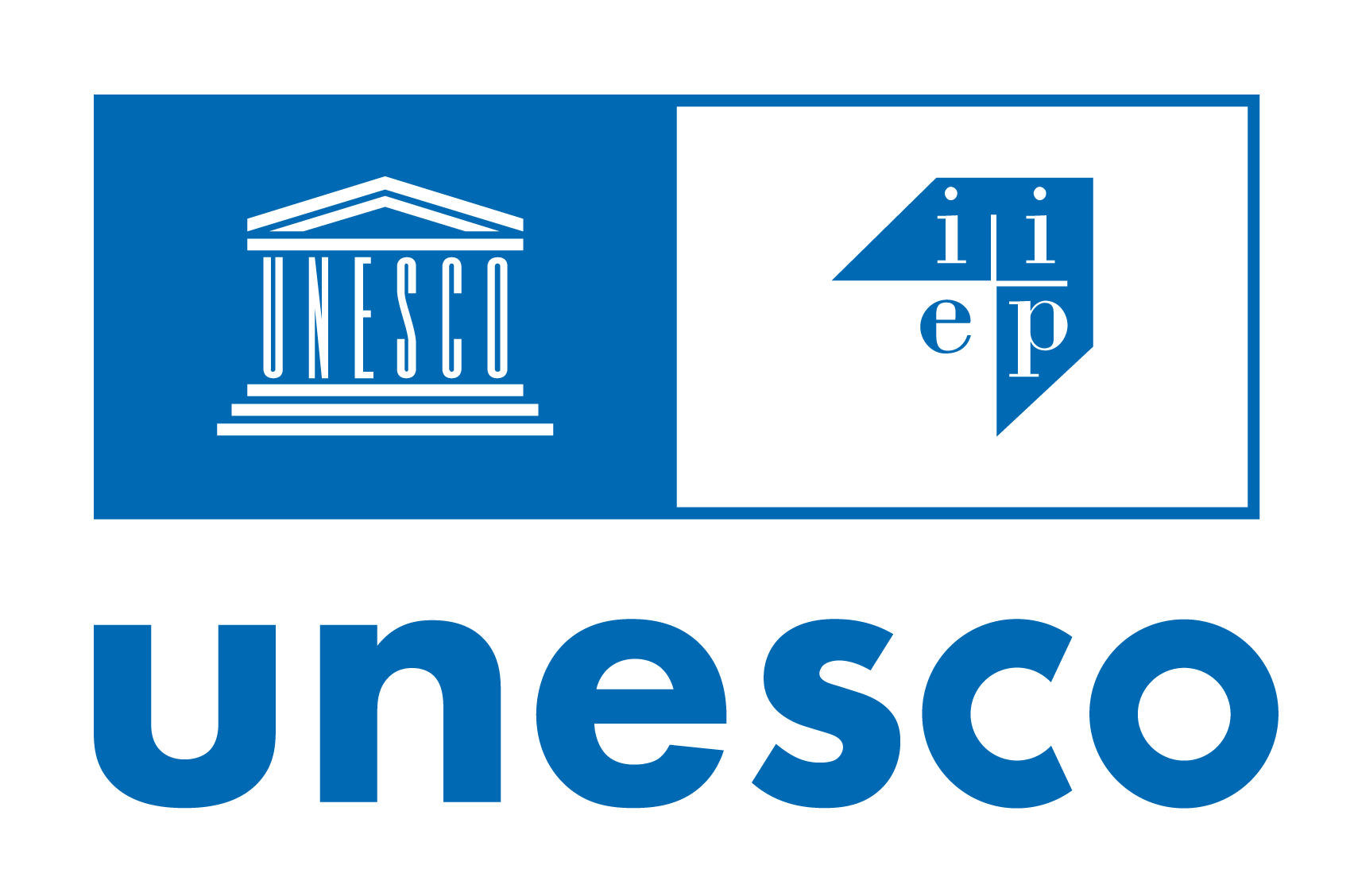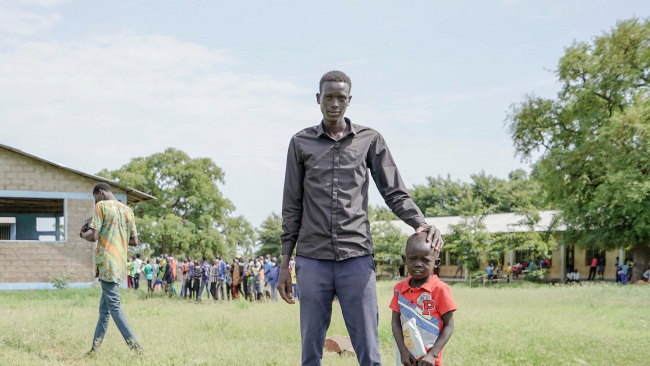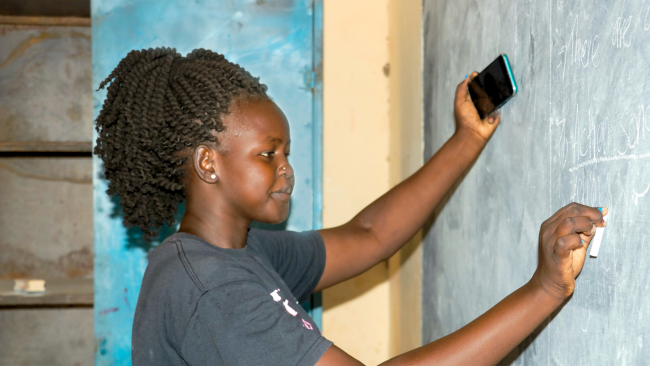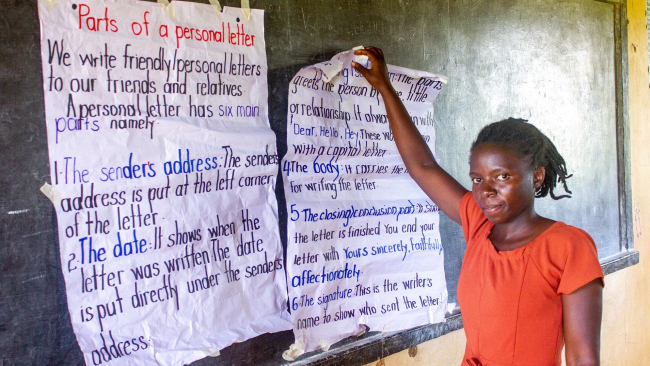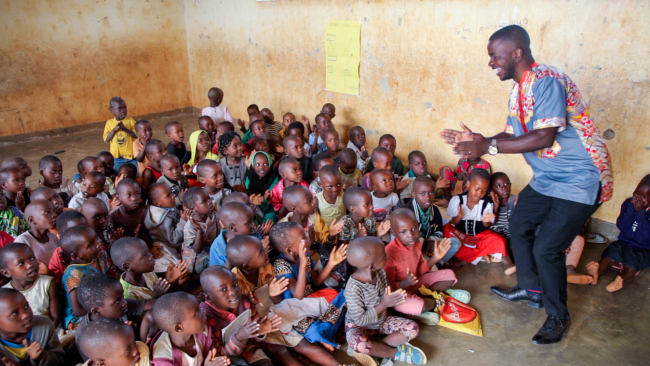The adoption of the global Education 2030 Agenda and Sustainable Development Goals have highlighted the importance of education in emergencies and protracted crises. As UNESCO embarks upon leading and coordinating this agenda, the timing is opportune for it to reconsider its engagement in this field. This evaluation aimed to assess the value added of UNESCO’s work in education in emergencies and protracted crises and to analyse its strategic positioning; the efficiency and effectiveness of the Organization’s participation in education coordination mechanisms, as well as the response frameworks and capacities that underpin its work. The evaluation found that UNESCO’s unique education mandate compels it to respond to emergencies and crises in subsectors that are left largely uncovered by other education actors. Among these are secondary education, higher education and literacy, as well as skills for life and work. UNESCO can also claim a number of key niche areas which include, among others, crisis-sensitive educational planning, information management, and capacity building for Ministries of Education. UNESCO’s education work in crisis-affected countries is hampered by the absence of a clear organizational strategy, as well as adequate frameworks and procedures for its work. The report contains three recommendations with a view to reposition UNESCO in the education in emergencies field. A separate report by internal audit makes further recommendations on frameworks and capacities for crisis and transition response.
Année
2016
Pages
72
Type de ressource
